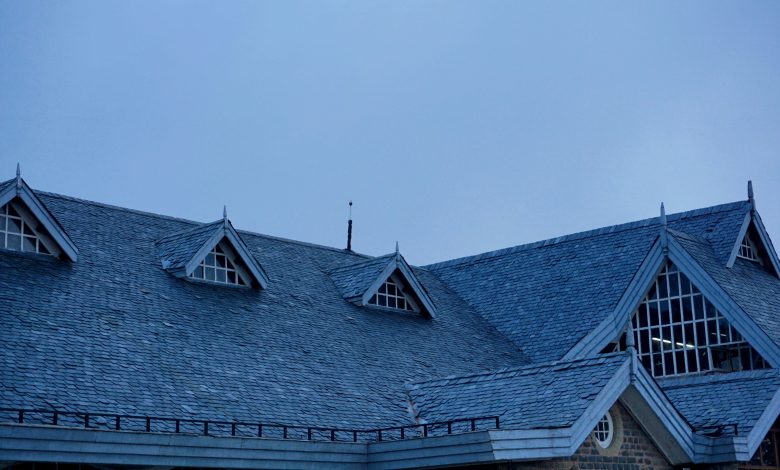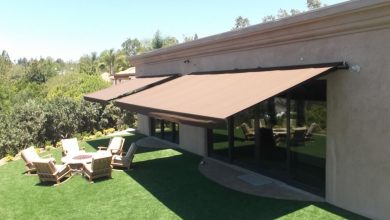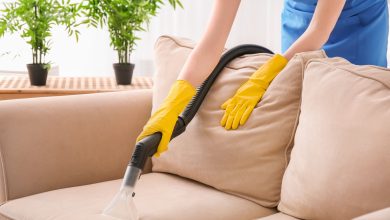How Bad Weather Impacts Your Roof

Harsh weather conditions can cause significant damage to your roof, putting your loved ones and property at risk. Some issues lead to immediate, costly repairs or roof replacement, while others gradually weaken your roof over time. Understanding how severe weather affects your rooftop helps you identify early damage signs after storms. This knowledge empowers you to contact a professional roofing company promptly before your roof deteriorates further and potentially causes extensive harm. Here’s a detailed look at how bad weather impacts your rooftop and what you can do to protect it.
● How Heavy Rain Can Damage Your Shingles
Heavy rain can loosen, lift, or curl your shingles, or even blow some off entirely depending on the storm’s intensity. Additionally, lightning strikes can cause nearby trees to lose branches or fall onto your roof, resulting in significant damage that may cost thousands to repair. Timely inspections and repairs are critical to prevent worsening issues, making it essential to contact a professional roofing expert after severe weather events.
A highly skilled roofing company such as Cenvar Roofing, specializing in roofing in Roanoke VA, will conduct thorough inspections to determine if your commercial or residential roof requires repair or full replacement. They avoid recommending costly replacements unless absolutely necessary, focusing instead on simple maintenance when possible. For severely damaged roofs, they provide safe, durable replacements that enhance your home’s security and curb appeal.
Reputable roofing professionals repair or replace a variety of roofing types, including asphalt, metal, and specialty shingles. Using premium materials ensures your roof withstands strong winds, heavy rain, snow, and other extreme weather conditions. They also educate homeowners on proper roof maintenance and early warning signs that indicate urgent repairs, helping extend your roof’s lifespan and protect your home effectively.
● How Water Can Damage Your Roof
Water leaks penetrate various parts of your home, causing extensive damage if left unaddressed. Leaking water can damage ceilings, walls, and compromise your building’s structural integrity. It poses additional risks if it comes into contact with live electrical wiring, potentially leading to hazardous situations.
If you notice water stains or spots on your ceiling, it’s crucial to hire a professional roofer immediately. These signs indicate holes or pooling water on your rooftop. Ignoring the problem might lead to mold growth both on the roof and inside your home, resulting in costly repairs and health hazards.
● How Strong Storms Can Damage Your Gutters
Strong storms accompanied by powerful winds can dislodge twigs and branches that may strike your home, causing structural harm. These winds can also bend, crack, or loosen your gutters, potentially leading to water leaks around your home’s foundation. This water damage can necessitate costly repairs.
To avoid these problems, have a trusted roofing specialist inspect your gutters after every major storm. Prompt gutter replacement or repair ensures proper water drainage, protecting your home’s structural integrity and preventing water-related damages.
● How Hail Can Damage Your Roof
While hail is less frequent than rain or storms, it can be highly destructive when it occurs. Large hailstones can crack ceramic tiles and loosen shingles, leaving your roof vulnerable to leaks and structural damage. These issues can escalate rapidly, leading to expensive repairs if not promptly addressed.
Hiring a professional roofer immediately after a hailstorm is essential to assess and repair any damage. Timely intervention can prevent further degradation and avoid extensive renovations or replacements.
Bottom Line
Attempting to inspect or repair your roof yourself after severe weather is dangerous and not recommended. Roofs damaged by storms may collapse, risking serious injury or internal property damage. Instead, trust experienced roofing professionals to perform safe, thorough inspections and carry out necessary repairs or replacements.
For more information on related topics such as How to Add Ivy to Your House Without Ruining Your Window Siding, please visit our Home Improvement category.
Regular roof maintenance is essential to prolong its lifespan and safeguard your home against harsh weather effects. This includes routine inspections, timely gutter cleaning, and prompt repairs after storms or heavy rains. Investing in weather-resistant roofing materials can also provide long-term protection and enhance energy efficiency. Staying proactive with roof care not only prevents costly repairs but also increases your home’s value and ensures the safety and comfort of your family year-round.





